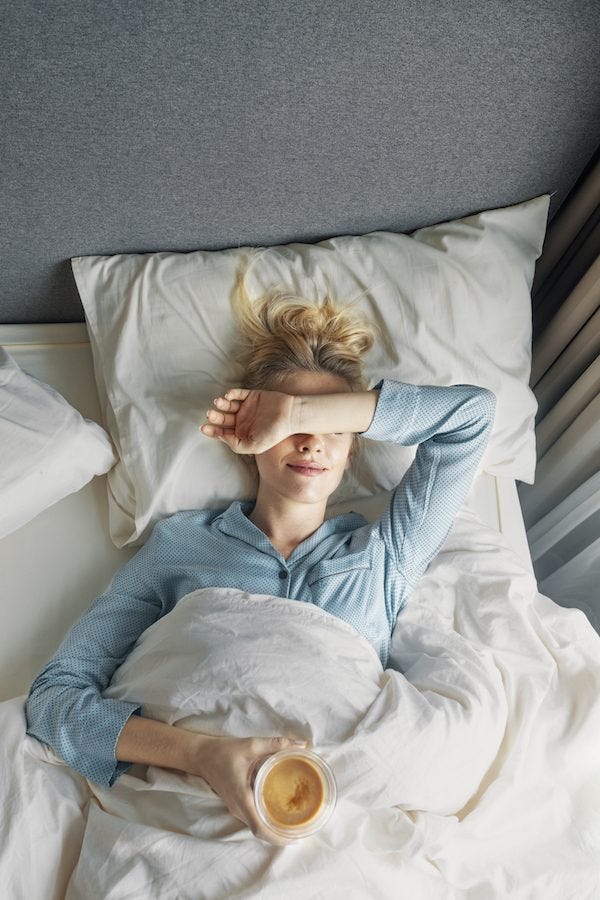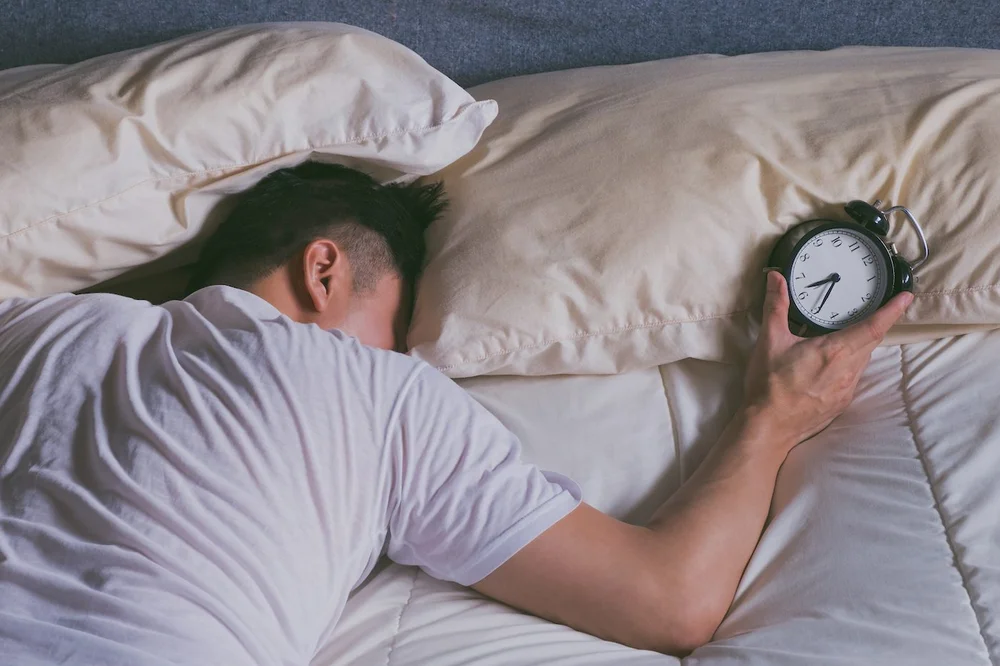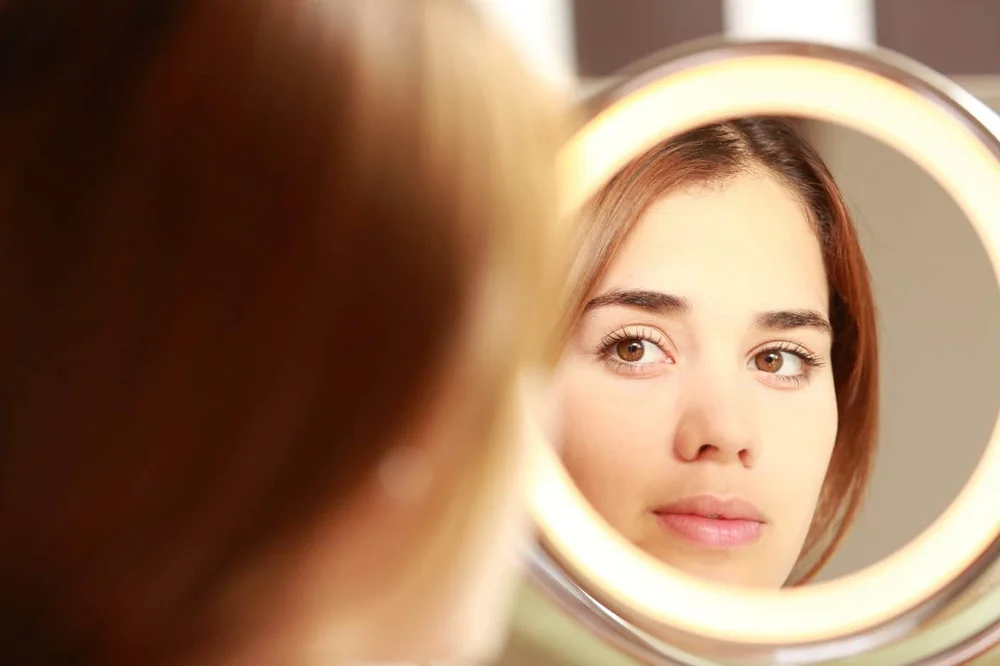6 Simple Ways to Become an Early Riser
What Are the Benefits of Being an Early Riser?
Do you ever wake up super early and find that you really enjoy seeing the sunrise and having ample time to start your day? Maybe you even think, “I should do this more often,” but it never seems to happen.
There are a multitude of people who wake up every day before dawn. They love having the extra time to exercise, enjoy breakfast, and get a head start on the day.
These early risers are generally happier, more proactive, and more productive than people who sleep in later. Research also shows that morning people tend to have dispositions that are optimistic, agreeable, satisfied, and conscientious.
Challenges of Being a Night Owl
By contrast, night owls can have a rougher go of it. While they’re typically creative and intelligent, they’re also more likely to have poor eating habits and low mood, as well as heart health and blood sugar issues. And, they often don’t get enough sleep.
Sleep experts have found that genetics and lifestyle both play a role in our circadian rhythms; the time we naturally go to sleep and wake up. Our world is made up of early risers, night owls, and people who are somewhere in between.
So, what if you want to change from being a night owl to an early riser? Or what if you need to change due to a work schedule or the fact that the world’s schedule more closely aligns with those who rise early?
You can!
In fact, one study found that a simple tweak to the sleeping patterns of night owls can lead to significant improvements in sleep/wake times, better performance in the mornings, improved eating habits, and a decrease in low mood and stress.
6 Tips on How to Become A Morning Person

By simply following the actions below, even lifelong night owls can transform into early birds.
1. Adjust Your Wake Time
Experts recommend starting with your wake time first. This provides the added benefit of making you sleepy at night, which means you’ll go to bed earlier.
Choose a time and set your alarm. Turn off any snooze feature (sorry, there’s no easing into your new sleep cycle). The time you commit to is the time you’ll get up.
Start by setting your alarm 15 minutes earlier each day until you hit your goal time. Stick to this time, even on the weekend, until your new routine is well established.
Consistency is key. It will be difficult for the first few days, but you’ll adjust.
2. Plan Something Special
Give yourself an incentive to wake up early. Maybe you have a favorite health food for breakfast or a delicious cup of coffee or tea. Perhaps you enjoy reading the morning news headlines, or a spiritual book. Whatever it is, have something pleasant planned for the morning right after you wake up to motivate you.

When the alarm goes off, let the light in. Start your day by opening your bedroom blinds or curtains (this will serve the double purpose of getting you out of bed.) If it’s still dark outside, turn on the lights inside your home.
Your body’s internal clock takes its cues from light. Levels of melatonin, the hormone released by your brain’s pineal gland to make you sleepy, decrease when your eyes detect light, which allows for more wakefulness.
4. Eat at Regular Times
Be consistent with your eating times. In a study that helped night owls become early risers, it was critical that the subjects had breakfast as soon as possible after waking up, ate lunch at the same time each day, and refrained from eating dinner after 7:00 p.m. This eating schedule helped reset their circadian rhythms.
5. Exercise
There’s no better time to exercise your body than first thing in the morning. The movement will help energize your brain and body by increasing your circulation. Exercise is linked to better memory recall, focus, and cognition throughout the day.
Getting exercise outside will help you become more fully awake. Exposure to sunlight early in the day may even help increase melatonin levels at night, which leads to better sleep. There’s also the added benefit of possibly catching a sunrise!
6. Power Down Earlier
Since you’ll be rising earlier, you’ll be sleepier in the evenings. It’s important to shift your nighttime routine. If possible, move your regular activities up an hour or more.
To ensure your body produces sleep-inducing melatonin, dim the lights an hour or two before bed. Do any digital/online social media, shopping or reading at least one hour before you plan to go to sleep.
Since digital devices and social apps are designed to keep you engaged, see if your smartphone has a “downtime” feature under settings. You can set a block of time where you can’t access your apps. It really works.
A New Way of Being
The best reinforcement for early rising will be the difference in how you feel. Imagine feeling more rested, energized, and ready for your day…every day. It’s possible!
At BrainMD, we’re dedicated to providing the highest purity nutrients to improve your physical health and overall well-being. For more information about our full list of brain healthy supplements, please visit us at BrainMD.
- Here Are Some of the Best Tension Release Exercises to Help You Feel Your Best! - April 17, 2024
- Foodscaping: How to Grow Healthy Foods In Your Own Garden! - April 12, 2024
- Eat Your Fruits and Veggies (Don’t Drink Them) - March 29, 2024




“Early to bed, early to rise.” I found that you often can be much more productive when you get up early.
This is a little annoying because it seems like “morning people” are more judgmental. Because they feel good being up early, they think everyone else should as well. In truth, some feel energetic late into the evening and spark great work when the morning people are helpless in the evening. Live and let live.
Delaney, I completely agree with you. Did it occur to the author that the reason night owls have such a rough time is because in spite of our circadian rhythms, we have been forced our entire lives to fit into an early bird world? I am now retired, and the best part of my day is waking naturally without a jarring alarm. For years I tried all the things above to be an early bird, but they all failed. Even as a child, I was not an early bird. Quit judging us; being a night owl is part of my genetics, like having brown eyes. I wonder how Early Birds would feel if their whole lives they were forced to work late hours and stay up long past the peak of their productive time of day.
I agree with you. My genetic report from Foundmyfitness.com with my genetic data file from Ancestry.com said “not a morning person”. These people had never met me and confirmed what I have always known. I felt the best in my life when I was going to bed at 5 AM and getting up around 1:30 PM working from 3 to 11. Unfortunately, I have been forced into a morning job as a teacher. The students love me in that I understand them not being morning people. Most teenagers fit into a later Circadian rhythm too. Don’t believe me. Look it up for yourself.